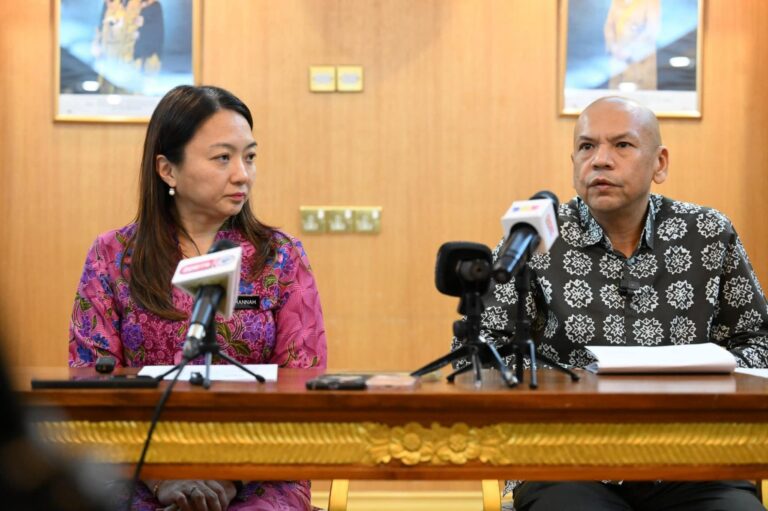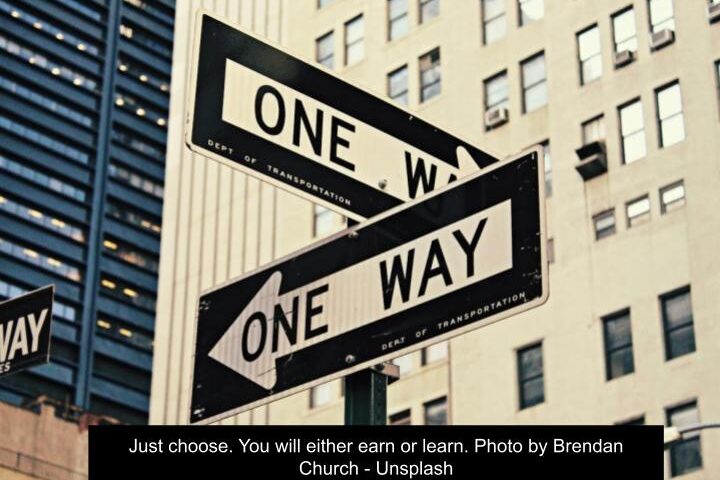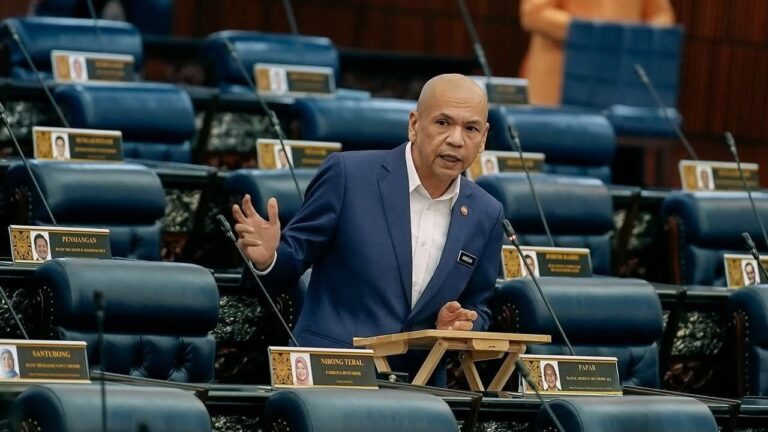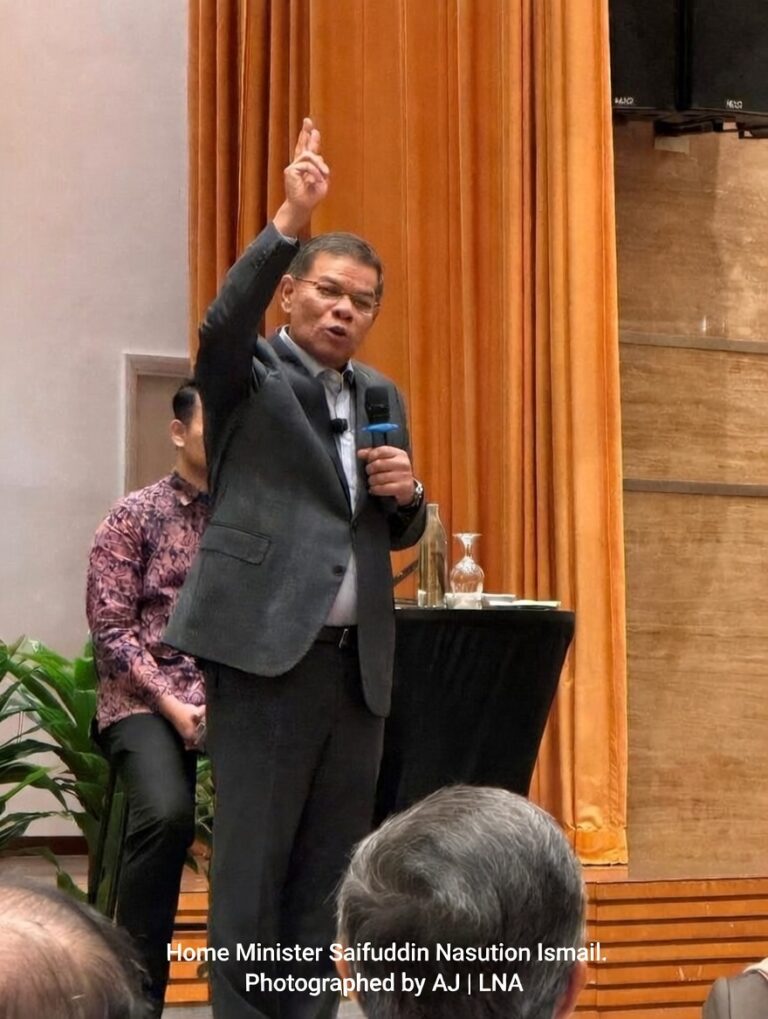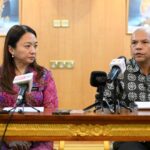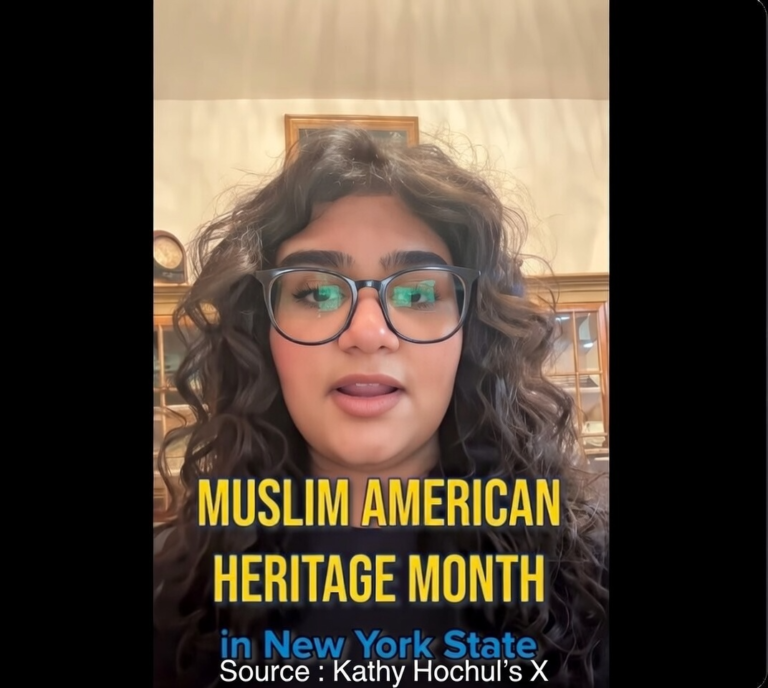
Merdeka should also mean freeing ourselves from the influence of bad-faith actors. Despite what they may want us to believe; we hold the power to shape our own destiny.

Commemorating National Day is a special moment where we celebrate our uniquely diverse heritage that makes Malaysia our home. It reminds us both of how far we have come and how much further we can grow together as a nation. Sadly, some bad-faith clout chasers tried to overshadow these meaningful celebrations with their selfish antics recently, showing no qualms in threatening our national harmony to achieve their own personal interests.
One glaring example was the post from Mohd Hafez Sabri, the State Assemblyperson for Manjoi who is also the PAS Perak Youth Chief. When commenting on a security incident involving the Sultan of Perak, Sultan Nazrin Muizzuddin Shah, during the Perak state-level National Day celebration, Hafez wasted no time to racialise the issue. When the authorities promptly refuted his claims, Hafez performed a medal-worthy feat of logical gymnastics as he tried to distance himself from his earlier remarks.
This episode showcased a broader, troubling pattern of PAS. Party leaders and representatives frequently resort to strategic ignorance and dog-whistling tactics to sneakily convey racial messages in hopes of winning support and dividing the community along ethnic lines. If we look at PAS’s track record, this behaviour is not an exception, or as they say in popular parlance, “it is not a bug, it is a feature”. In the 2024 Kuala Kubu by-election, PAS vilified DAP candidate Pang Sock Tao for her educational background. In Perak and Penang, PAS representatives have repeatedly resorted to racially charged slanders to the extent that some have even lost and settled defamation lawsuits.
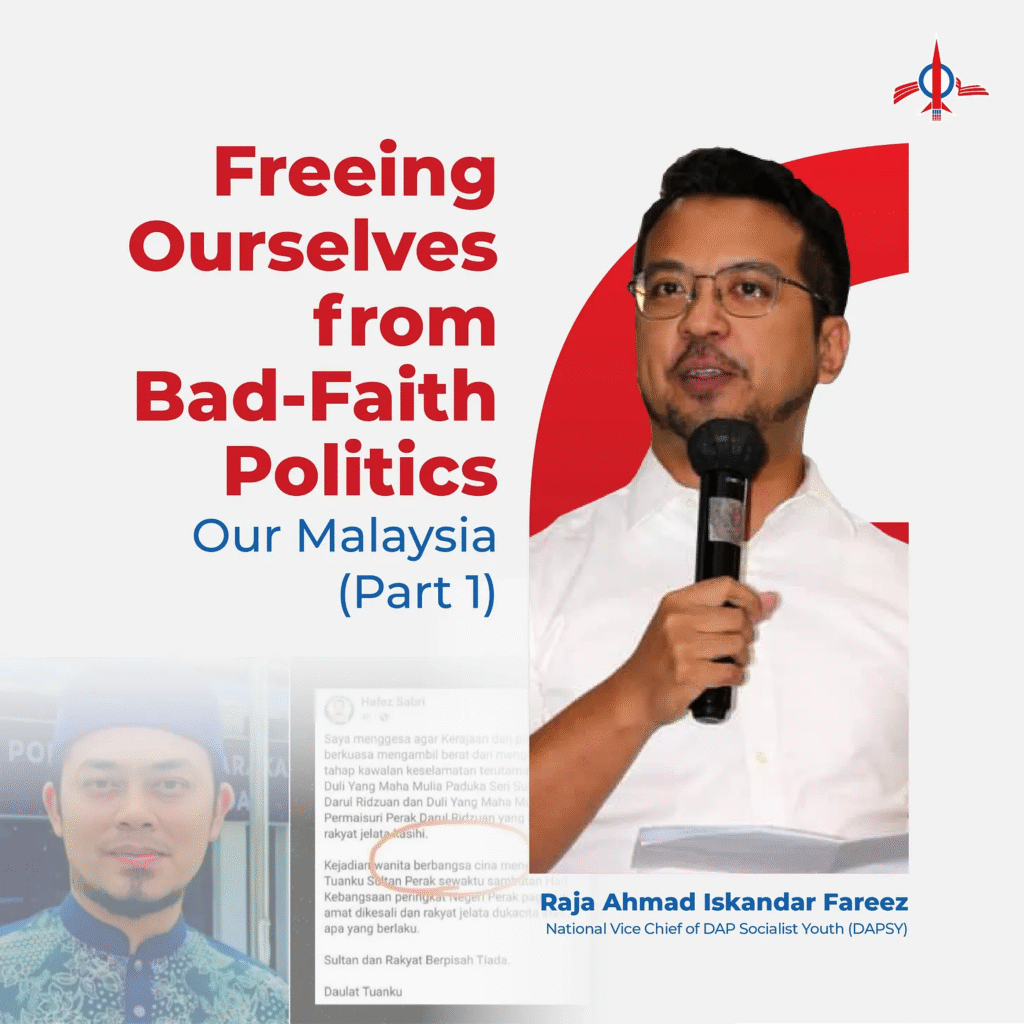
Bad-faith actors rarely show remorse or care even when they are exposed for peddling lies. They treat politics as a game to be won at all costs, no matter the consequences. Whereas for us, these consequences could affect our lives. Their effects are real. Clearly, these bad-faith actors are no one’s champion but their own narrow selfish interests. They bank on the outrage they generate to fuel their clout. Even if problematic posts are deleted, screenshots would have already been widely spread directly to users via social media platforms and messaging apps such as WhatsApp and Telegram.
The fragmented nature of our information ecosystem worsens these issues. To grab attention, algorithms on social media rewards content that triggers strong emotional responses, particularly rage and conflict, thereby amplifying hateful posts and comments. In this environment, divisive speech spreads even more rapidly and deeply, fuelling cycles of anger and distrust. The toxic digital landscape becomes a fertile ground for communal friction undermining efforts to build understanding and common ground among Malaysia’s diverse communities.
Bad-Faith Politics Fuelled by Hate
The sinister strategy of stoking fear and division to win political support is not unique to Malaysia. Far-right leaders worldwide use these tactics as tools to entrench their authority. In Europe, figures such as Hungary’s Viktor Orbán and France’s Marine Le Pen have built their political platforms on xenophobic rhetoric and Islamophobia. Orbán’s playbook went on to inspire a generation of aspiring hardliners. Donald Trump’s rise was marked by hate targeted towards minorities, fracturing societal bonds, and sowing distrust. In fact, aided by the right-wing American think tank Heritage Foundation, Trump perfected this playbook in the form of ‘Project 2025’ to the extent that he successfully remade the US in his image in just under a year.
These examples reveal the effectiveness of hatred in turning communities against each other, manipulating pre-existing anxieties, and weaponising identity politics. Bad-faith actors deliberately suck up all the media oxygen so they can dominate public discourse, drowning out voices of unity and reason.
They want us to feel powerless while they seize political power, by winning elections through divisive campaigns, or profit commercially, as influencers rake in views and profits from outrage-driven viral content across social platforms. When they win, society loses as we pay for the consequences including trust erosion, fragmentation of communities, and endless cycles of division in which hatred breeds ever more hatred.
Building Resilience Against Division
So, how can we stem this destructive spiral? Unfortunately, there are no easy solutions, but we can start by organising more face-to-face engagements to help communities build strong defences against all forms of divisive speeches. This means encouraging continuous conversations, practising empathy and understanding in our interactions, and helping people recognise and reject hate speech whenever it appears.
Merdeka should also mean freeing ourselves from the influence of bad-faith actors. Despite what they may want us to believe; we hold the power to shape our own destiny. Through community capacity building, via education, social initiatives, and inclusive political participation, we have the potential to immunise Malaysian society against the virus of manipulation and hate mongering. But this will require our collective vigilance and active participation from all levels to ensure that such behaviour has no place in our democratic society.
Our Malaysia is our only home. It belongs to all of us, and it is time we reclaim it from these bad-faith actors. Only by standing together and act in solidarity with our fellow Malaysians can we ensure a better tomorrow.
Opinion piece written by Raja Ahmad Iskandar Fareez, National Vice Chief of DAP Socialist Youth (DAPSY) on Wednesday, 3 September 2025





